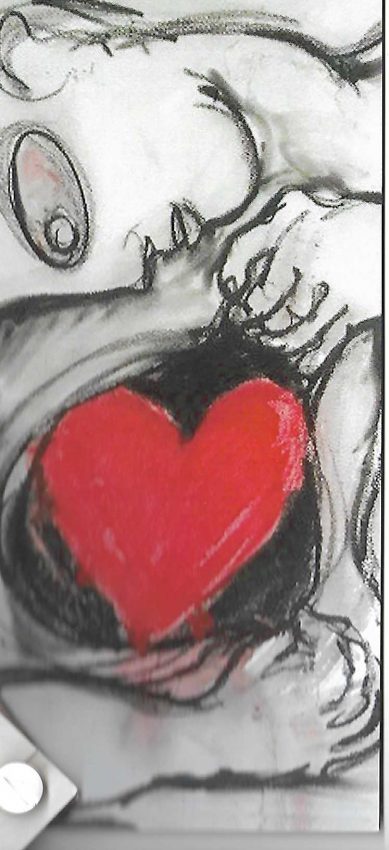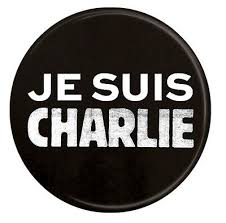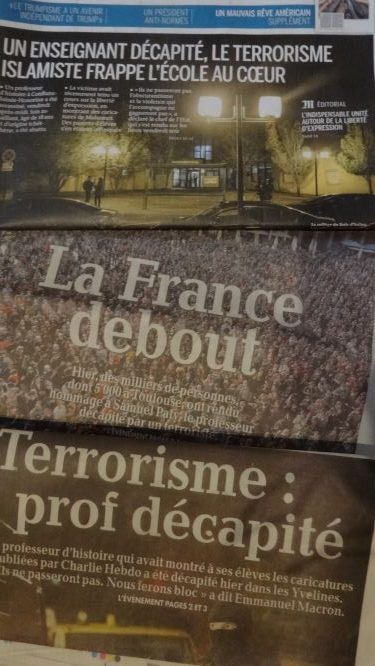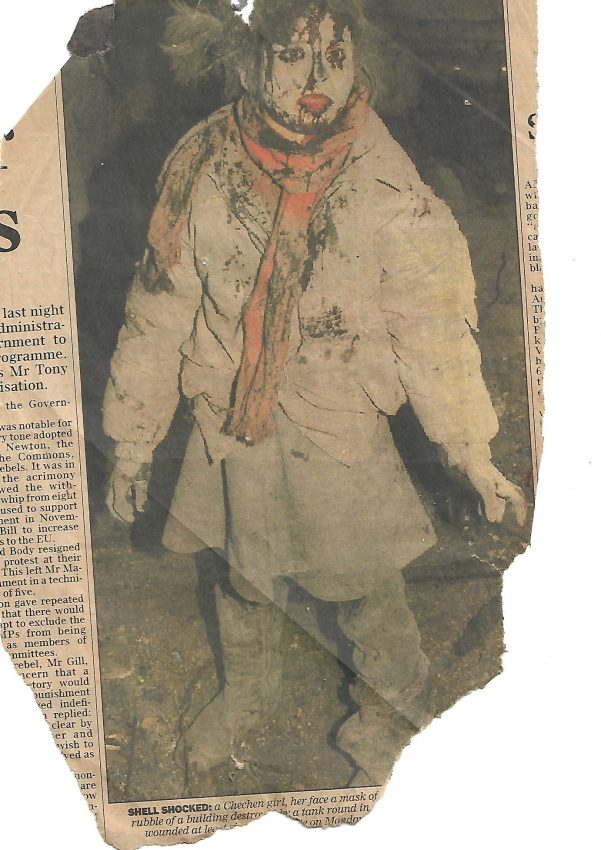
There are those moments when something you read strikes you so forcibly that you know you must embrace it and consider it carefully. When this happens to me it’s usually for an important reason. It may throw a clear light on something that’s happening in my life or in life in general that I need to grasp intellectually. It may arouse in me powerful feelings that my heart and soul recognise. It may do both. Because of the person I am, it probably means that I will have to follow up with online research or order another book to sit on my ‘To Be Read’ pile for when I’m not writing (or talking).
Liberalism and emotion
I’ve just finished reading the 14.10.20 New Statesman article on ‘liberalism and the need for emotional storytelling’ by Jeremy Cliffe that’s made me do all those things including buying Hari Kunzru’s Red Pill. Cliffe writes about the chaos caused by the election of Donald Trump in the USA and the vote for Brexit. Both are partly the result of powerful feelings, understandable in themselves but distorted by lies and hatred to advantage those seeking power for themselves. As Cliffe says “Feelings, atmospheres, yearnings, threats will still shape and define experience. History will not be over, nor will it have been proved to be linear. Stories will still matter”.
Truthful histories

We make history every day by our emotional responses to life as it occurs and that is why history is such a messy business and so difficult to analyse. It’s an irrational world and we have to hope that our politicians and leaders are moral and act with wisdom. To learn from history, however, we must trust academics and reporters to be rigorous and impartial in their research to find and recount the truth, but historians are like us all, people with emotions that may colour their work. So how can we get this right? First, we have to accept that we have preferences and prejudices and we have to interrogate them to be credible. As James O’Brien said on the Anne McElvoy interview on BBC on 22.10.2020 we mustn’t be impartial with regard to the truth. Accurate honest facts must not be given the same weight as lies and disinformation.
Truth and artists
I’m an artist and a writer who makes art and tells stories that come deep from inside me – from my heart and guts, if you like. I don’t believe, however, that even the most powerful strength of feeling and commitment allows me or any creative person to tell lies or to be racist or sexist. Artists and writers have to be dedicated to truth-telling if they are to serve humanity. We can argue. We can have opposed opinions, but we all aim for the truth as far as we can. Even in a fictional novel inciting hate is wrong and damages human rights.
Je suis Samuel, je suis professeur

Like so many people I’ve been horrified by the murder of Samuel Paty in Paris. He was required by law to teach children about the importance of Free Speech, human rights and secularism at a time when those involved with the Charlie Hebdo murders are on trial. All my life I’ve believed in the necessity of Free Speech. I saw it stifled and crushed in both Rhodesia and in South Africa by white supremacists. It is true it can be challenging and uncomfortable to live with this freedom at times but, without it, there can be no democracy and no Rule of Law. Without the right to free speech, slavery and colonialism could not have been questioned and brought to an end. Without free speech there can be no journalism, no art, no history, no stories, no progress – there will be only propaganda and convenient lies.
Freedom of Speech
Free speech means that everyone’s story must be heard whatever their race, gender, religion or education. Those of us who are storytellers and truth-tellers know that everybody has a story to tell and no person ought to be denied that right. It would be a bad art history if the historian only wrote about the art he liked and only recorded the contributions of his particular artist friends. It is so important that artists, filmmakers and writers tell the stories that help us understand our humanity and the universe we must all share together. Our personal identity matters, we are all proud of who we are and our home, country and nation but I believe that as artists we recognise that creativity links us together in spite of all that divides us.
A tragic footnote

There are many different aspects to every story. The criminal action of the Chechen killer of Samuel Paty has a back story that we need to understand if such murders are to be prevented in the future. Chechenya suffered a dreadful ethnic and religious war in the ’90s. The youth who killed Samuel Paty was born into this war, became a refugee in France at 6 years old and was recruited into an extremism which is condemned by Islam.